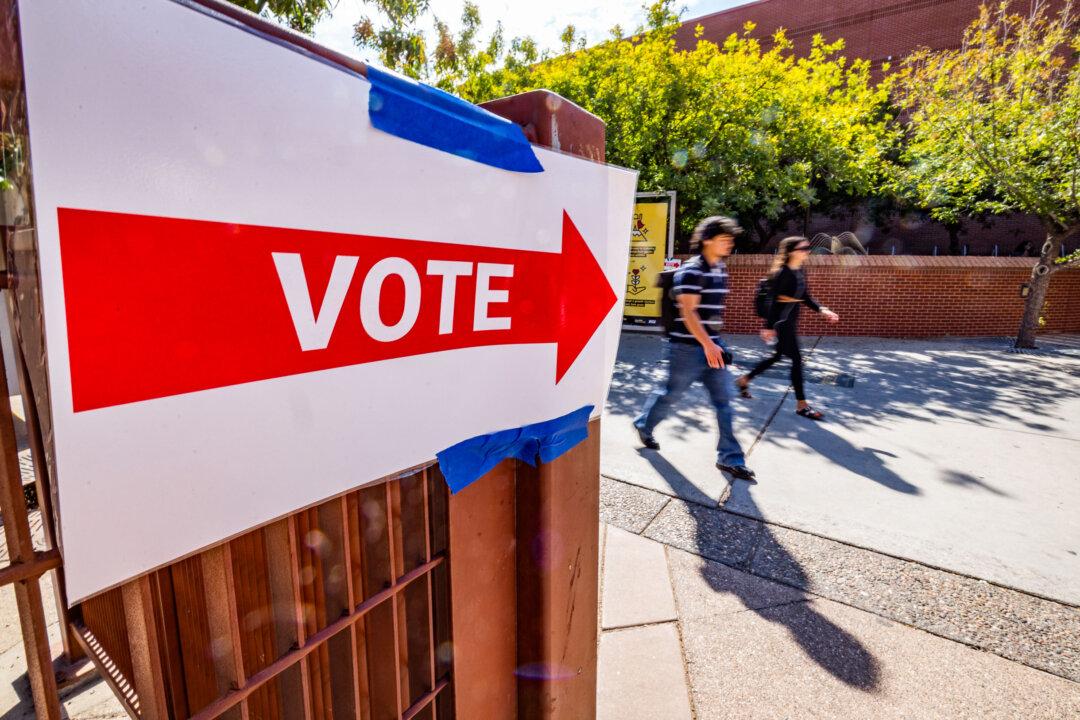A judge has ordered Arizona to release a list of registered voters whose citizenship status was not verified due to a coding glitch in the state’s record-keeping system.
Arizona Secretary of State Adrian Fontes has resisted disclosing the list, citing concerns that the individuals on it could face harassment.





